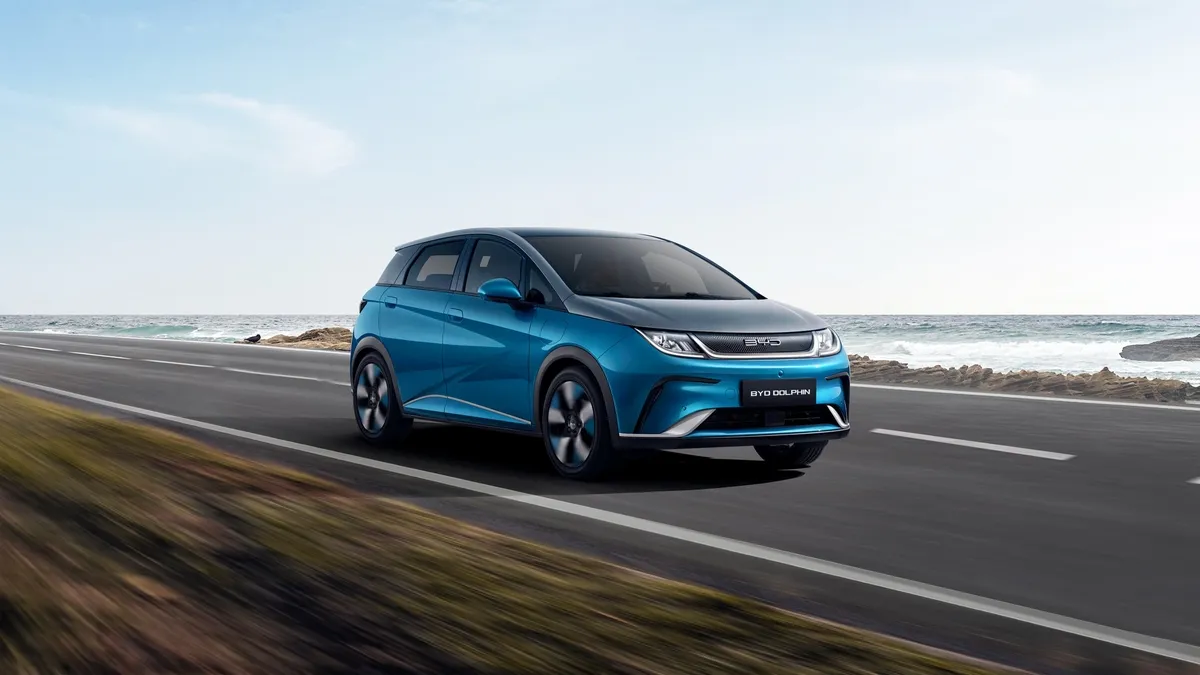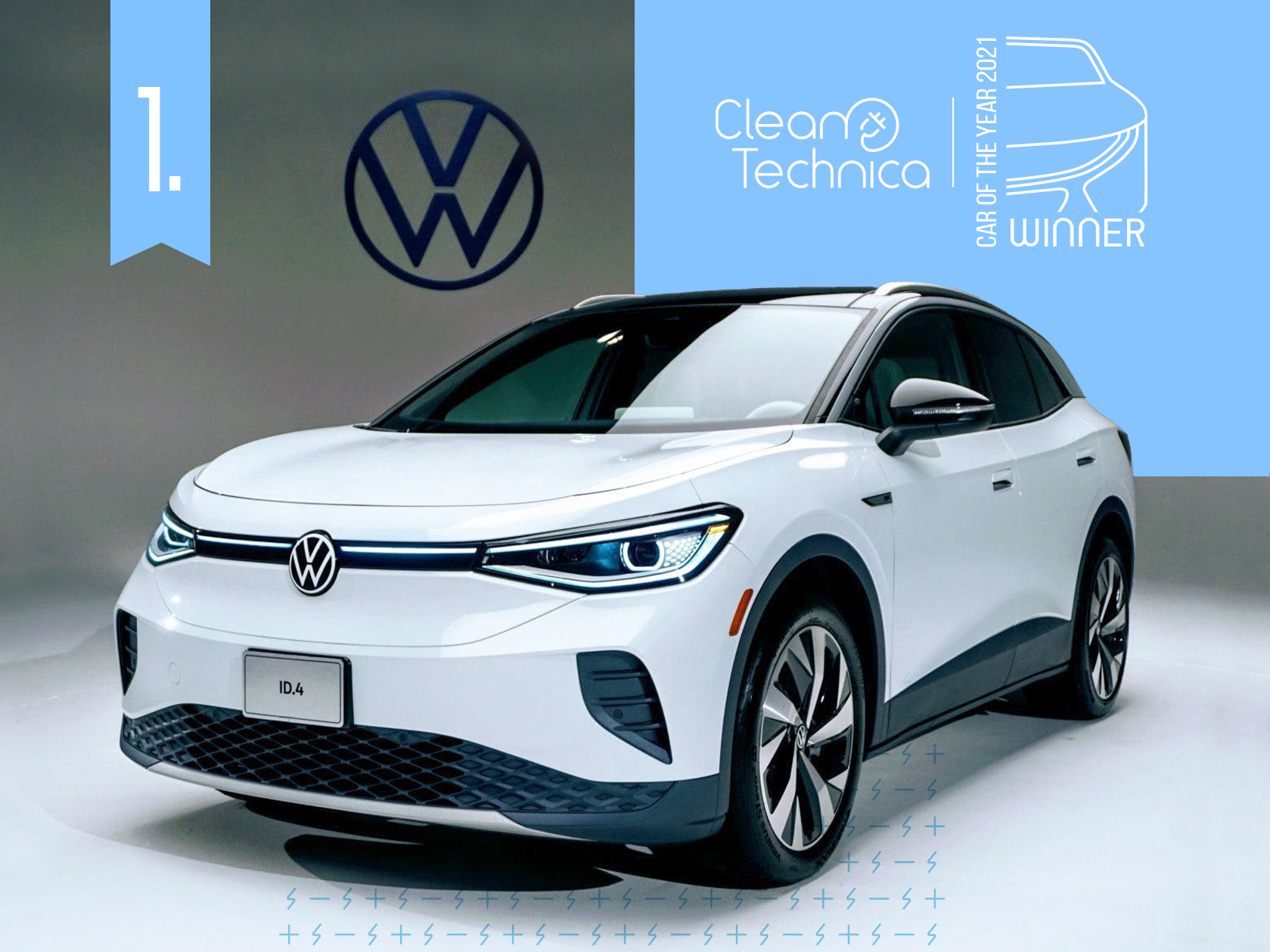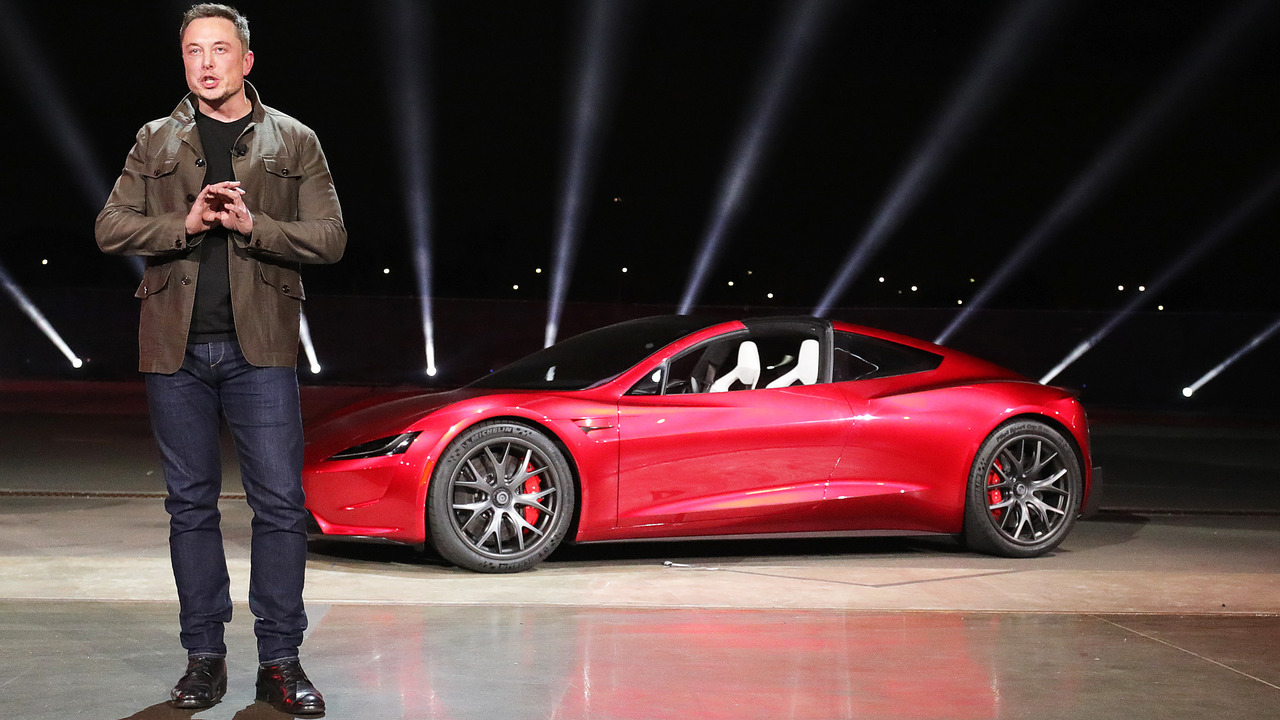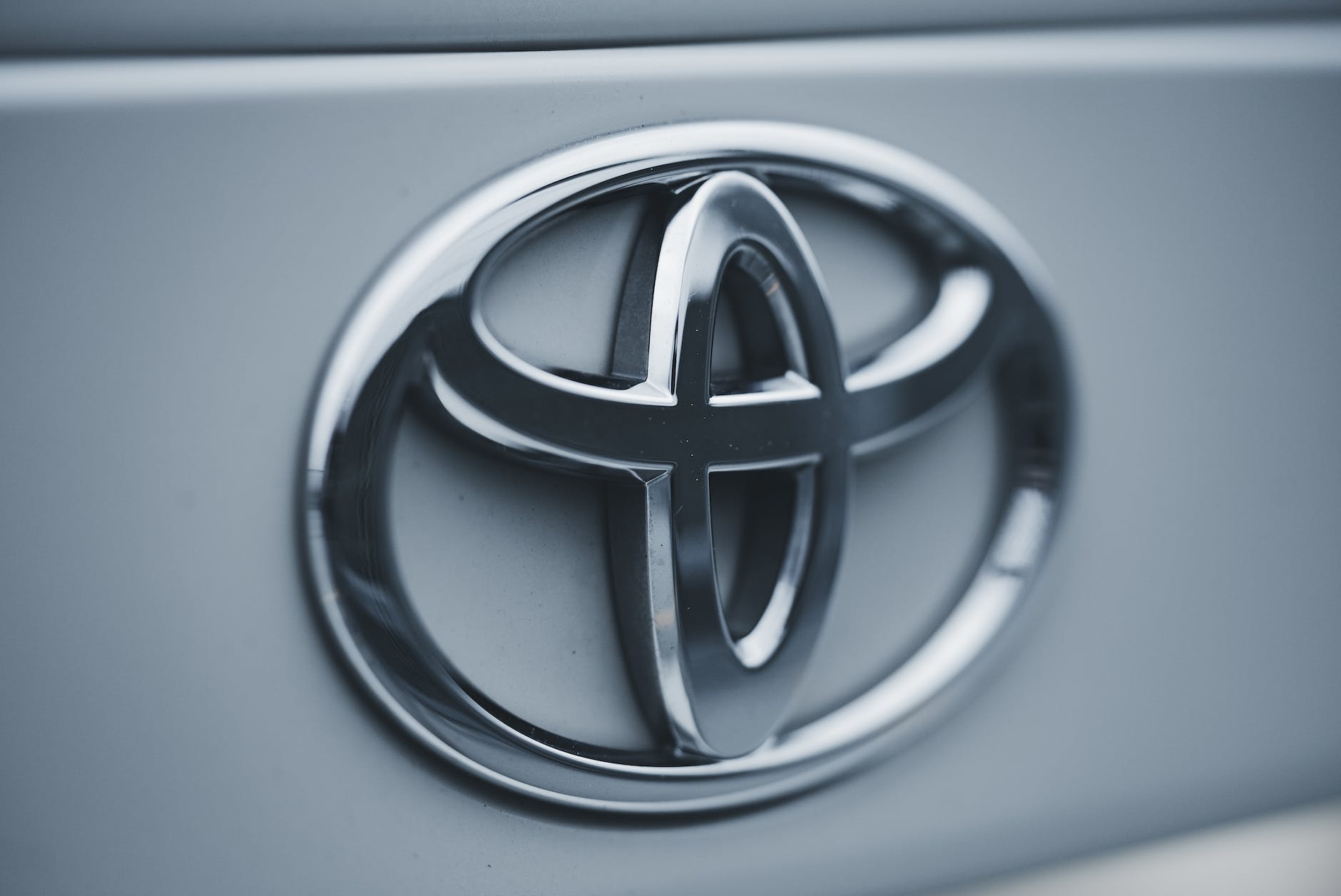Automobile
Hungary: Europe’s Emerging Electric Vehicle Hub

Table of Contents
Introduction
Hungary is rapidly positioning itself as Europe’s go-to destination for electric vehicle (EV) manufacturing, strategically focusing on attracting major Chinese carmakers alongside its existing partnerships with European automotive giants. This pivotal shift not only solidifies Hungary’s status as an EV hub but also underscores the nation’s commitment to embracing the global transition towards sustainable transportation.

The European Shift to Electric Vehicles
In recent years, the automotive industry in Europe has witnessed a paradigm shift towards sustainable and eco-friendly transportation. With stringent emissions regulations and a growing emphasis on environmental responsibility, carmakers are actively transitioning from traditional internal combustion engines to electric vehicles. This transformative wave has created new opportunities for countries willing to invest in the burgeoning EV market.
Hungary’s Role in Europe’s EV Revolution
Welcoming European Carmakers
Hungary has already established itself as a preferred destination for European carmakers seeking to make the switch to electric vehicles. Renowned automakers, including BMW, Audi, and Mercedes-Benz, have set up manufacturing facilities in Hungary to capitalize on its strategic location, skilled workforce, and supportive business environment.
Courting Chinese Carmakers
In a strategic move to further enhance its position, Hungary is actively courting major Chinese carmakers, with BYD being a notable example. The collaboration with BYD, known for its expertise in electric vehicles and cutting-edge technology, is set to propel Hungary into a leading role as Europe’s EV manufacturing centre.
BYD: A Key Player in Hungary’s EV Ascent
BYD’s Commitment to Hungary
BYD, a prominent Chinese automaker specializing in electric vehicles, has recognized Hungary’s potential as a hub for EV manufacturing. The company’s decision to establish a presence in Hungary signifies not only the nation’s favourable business climate but also its commitment to fostering innovation and sustainability in the automotive sector.
Technology Transfer and Knowledge Exchange
The collaboration between Hungary and BYD is not merely transactional; it represents a strategic partnership aimed at technology transfer and knowledge exchange. This approach aligns with Hungary’s vision of being a manufacturing centre and hub for innovation, research, and development in the EV domain.
Hungary’s Ambitious Future in Electric Vehicles
Infrastructure Development
Recognizing that a robust EV infrastructure is vital for the widespread adoption of electric vehicles, Hungary is actively investing in charging networks and sustainable energy sources. This proactive approach ensures that the nation is not just a manufacturing hub but a comprehensive ecosystem supporting the entire lifecycle of electric vehicles.
Skilled Workforce and Educational Initiatives
Hungary’s commitment to becoming a hub for electric vehicle manufacturing goes beyond infrastructure. The nation is also focusing on developing a skilled workforce equipped with the knowledge and expertise needed for advanced EV production. Collaborations with educational institutions and vocational training programs are integral to achieving this goal.
Conclusion
In conclusion, Hungary’s strategic moves to become Europe’s electric vehicle hub by welcoming both European and Chinese carmakers demonstrate a forward-thinking approach and a commitment to sustainability. The collaboration with BYD and the nation’s overall investment in EV infrastructure and workforce development position Hungary at the forefront of Europe’s electric vehicle revolution.
Discover more from The Monitor
Subscribe to get the latest posts sent to your email.
Automobile
Driving Success: Volkswagen Group’s Resilient Performance in 2023

Introduction
In the ever-changing automotive industry, Volkswagen Group has emerged as a powerhouse, showcasing robust annual results for 2023 with a particularly strong fourth quarter. Let’s delve into the key factors that have contributed to Volkswagen’s success and analyze the implications of their performance.
Volkswagen Group’s Financial Performance in 2023:
Volkswagen Group’s financial performance in 2023 has been nothing short of impressive, with strong revenue growth and profitability. The company’s annual results reflect a strategic focus on innovation, sustainability, and operational efficiency.
Key Highlights of Volkswagen Group’s Annual Results:
- Revenue Growth: Volkswagen Group experienced significant revenue growth in 2023, driven by strong sales across its various brands and regions.
- Profitability: The company’s profitability metrics have shown a positive trend, indicating effective cost management and operational excellence.
- Market Share: Volkswagen Group has maintained and even expanded its market share in key markets, solidifying its position as a global leader in the automotive industry.
Factors Contributing to Volkswagen Group’s Success:
- Product Innovation and Diversification:
- Volkswagen Group’s commitment to innovation and product diversification has enabled it to meet evolving consumer demands and stay ahead of the competition.
- Sustainability Initiatives:
- The company’s focus on sustainability, including electric vehicles and eco-friendly practices, has resonated well with environmentally conscious consumers.
- Operational Efficiency:
- Volkswagen Group’s emphasis on operational efficiency and supply chain optimization has enhanced its competitiveness and bottom-line performance.
Analysis of Volkswagen Group’s Strong Fourth Quarter Performance:
The fourth quarter of 2023 was particularly noteworthy for Volkswagen Group, with key metrics surpassing expectations. Factors such as seasonal demand, new product launches, and strategic marketing initiatives likely played a significant role in driving this strong performance.
Implications of Volkswagen Group’s Performance for the Automotive Industry:
Volkswagen Group’s robust performance in 2023 sends a positive signal to the automotive industry as a whole. It highlights the importance of strategic planning, innovation, and adaptability in navigating challenges and seizing opportunities in a rapidly changing market environment.
Conclusion:
In conclusion, Volkswagen Group’s achievement of robust annual results for 2023, coupled with a strong fourth-quarter performance, underscores the company’s resilience and strategic foresight. By staying true to its core values of innovation, sustainability, and operational excellence, Volkswagen Group continues to set the benchmark for success in the automotive industry.
Discover more from The Monitor
Subscribe to get the latest posts sent to your email.
Automobile
Revolutionizing the Roadster: Tesla’s Collaboration with SpaceX to Unveil the Next Generation Roadster in 2024

Introduction
Amidst the rapidly changing landscape of electric vehicles, Tesla has consistently been at the forefront of innovation and Modernization. With their upcoming collaboration with SpaceX, the anticipation surrounding the launch of the new generation Roadster at the end of 2024 is reaching unprecedented levels. This partnership between two visionary companies promises to redefine what is possible in the realm of electric sports cars.
The Evolution of the Tesla Roadster:
Since its inception, the Tesla Roadster has been a symbol of Tesla’s commitment to pushing boundaries and setting new standards in the automotive industry. The first-generation Roadster, introduced in 2008, was a game-changer, showcasing the potential of electric vehicles with its impressive performance and range.
Tesla and SpaceX: A Dynamic Collaboration:
Elon Musk, the visionary entrepreneur behind both Tesla and SpaceX, has long been known for his ambitious goals and groundbreaking ideas. The collaboration between these two companies represents a convergence of cutting-edge technology and innovation that is set to revolutionize the automotive industry.
The Promise of Innovation:
With SpaceX’s expertise in aerospace engineering and Tesla’s mastery of electric vehicle technology, the new generation Roadster is poised to be a marvel of engineering. From advanced materials to state-of-the-art propulsion systems, every aspect of the vehicle is being meticulously designed to deliver unparalleled performance and efficiency.
Unveiling the Future:
As we approach the end of 2024, all eyes are on Tesla and SpaceX as they prepare to unveil the new generation Roadster. The launch event promises to be a spectacle like no other, showcasing not just a car but a vision for the future of transportation.
Implications for the Industry:
The introduction of the new generation Roadster is not just a milestone for Tesla and SpaceX but for the entire automotive industry. By pushing the boundaries of what is possible with electric vehicles, this collaboration is set to inspire a new wave of innovation and competition among automakers.
Conclusion:
In conclusion, the collaboration between Tesla and SpaceX to introduce a new generation of Roadster at the end of 2024 represents a significant moment in automotive history. With their shared vision for a sustainable future and commitment to pushing boundaries, these two companies are poised to redefine what it means to drive an electric sports car.
Discover more from The Monitor
Subscribe to get the latest posts sent to your email.
Automobile
Toyota Recalls 280,000 Vehicles Over Transmission Issue

Table of Contents
Introduction
In a recent safety concern, Toyota has initiated a recall affecting nearly 280,000 vehicles. The affected models include select versions of Toyota Tundra pickups, Sequoia SUVs, and Lexus LX 600 SUVs. The reason behind this recall is a troubling transmission problem that could have serious consequences for vehicle safety.
The Transmission Issue Explained
The issue revolves around certain parts of the vehicles’ automatic transmissions. When these vehicles are shifted into neutral, these components may not immediately disengage. As a result, some engine power can still transfer to the wheels, causing the vehicles to creep forward at low speeds on flat surfaces. If the brakes aren’t applied promptly, this unintended movement increases the risk of a crash.
Affected Models
The recall specifically covers the following models:
- Toyota Tundra Pickups: Certain units from the 2022 and 2023 model years.
- Lexus LX 600 SUVs: Also from the 2022 and 2023 model years.
- Toyota Sequoia SUVs: These are the 2023 and 2024 model years.
Safety Implications
While Toyota has not disclosed specific incidents, this transmission issue poses a significant safety risk. Imagine a scenario where a vehicle unexpectedly starts moving forward while in neutral—especially in parking lots or other crowded areas. The potential for collisions is evident, making this recall a crucial step in preventing accidents and injuries.
Recall Process and Solution
Toyota dealers will address this issue by updating the transmission software in the affected vehicles. This software update will ensure that the automatic transmissions disengage promptly when shifted into neutral. Owners of the recalled vehicles will receive notifications by late April, and they should promptly schedule a visit to their nearest Toyota service centre for the necessary software update.
Real-Time Data and Consumer Awareness
As of now, Toyota has not reported any specific crashes or injuries related to this transmission problem. However, the recall serves as a proactive measure to address potential safety concerns. Owners should stay informed through official channels and take prompt action to ensure their vehicles are updated according to the recall instructions.
Discover more from The Monitor
Subscribe to get the latest posts sent to your email.
-

 Featured5 years ago
Featured5 years agoThe Right-Wing Politics in United States & The Capitol Hill Mayhem
-

 News4 years ago
News4 years agoPrioritizing health & education most effective way to improve socio-economic status: President
-

 China5 years ago
China5 years agoCoronavirus Pandemic and Global Response
-

 Canada5 years ago
Canada5 years agoSocio-Economic Implications of Canadian Border Closure With U.S
-

 Democracy5 years ago
Democracy5 years agoMissing You! SPSC
-

 Conflict5 years ago
Conflict5 years agoKashmir Lockdown, UNGA & Thereafter
-

 Democracy5 years ago
Democracy5 years agoPresident Dr Arif Alvi Confers Civil Awards on Independence Day
-

 Digital5 years ago
Digital5 years agoPakistan Moves Closer to Train One Million Youth with Digital Skills
















